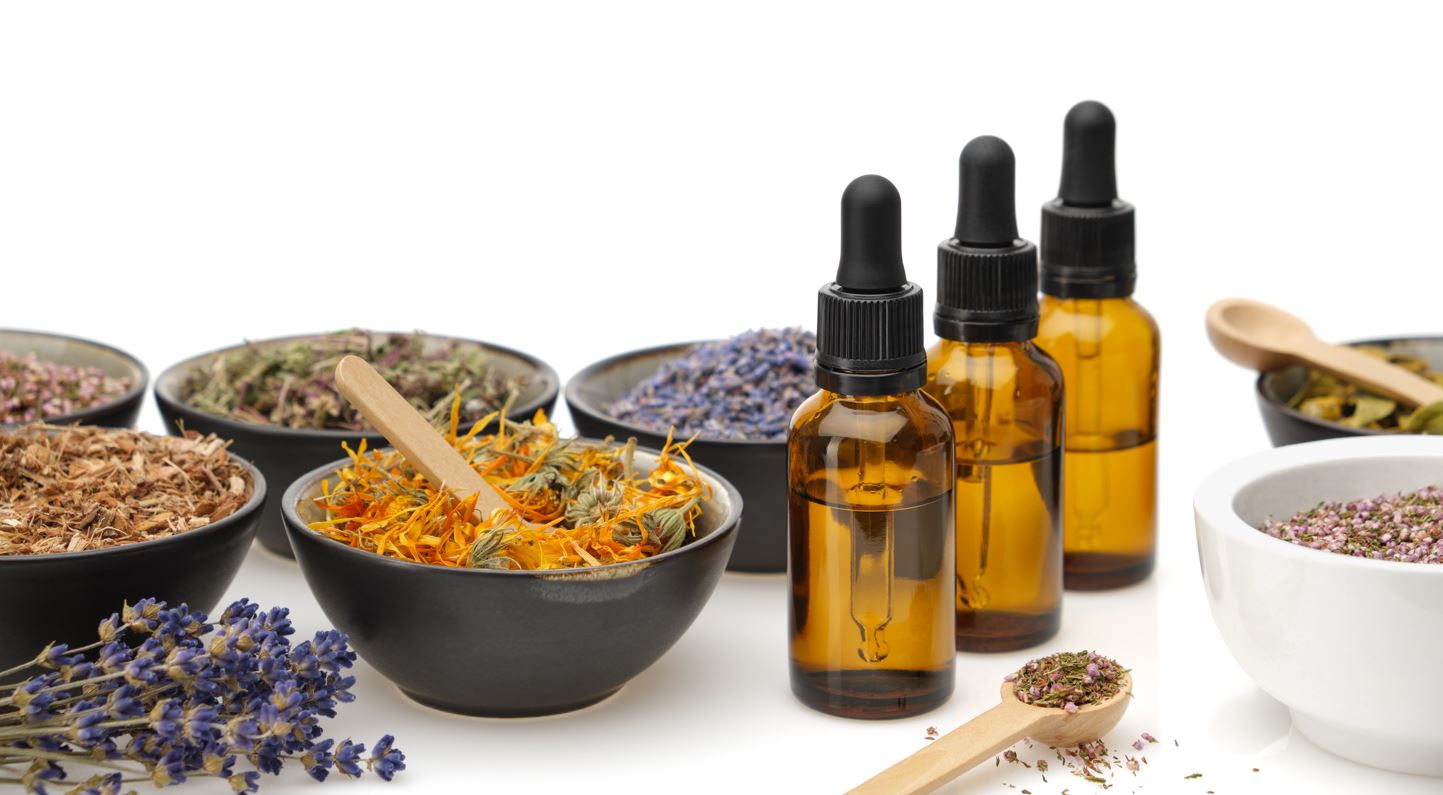
Aromatherapy is a practice used in complementary medicine that focuses on essential oils. It is an ancient science based on blending naturally extracted oils from plants which is utilized in a variety of ways to balance, harmonize, and promote health and well-being. It has been practiced for a very long time by people all over the world and is seen today as a simple way to relieve stress and promote wellness.
A growing body of research has helped to validate the uses aromatherapy including clinical trials and audits, case histories, and patient reported outcomes. This supporting data helped to confirm the effectiveness of aromatherapy so that it is now being applied in a variety of clinical settings, including hospitals, hospices and holistic health clinics.
What Are Essential Oils?
Essential oils are plant extracts that are made by steaming or pressing specific parts of a plant (flowers, bark, roots, leaves, resins, seeds or fruit) to capture the compounds that produce fragrance. This is a very reductive process that can require several pounds of a plant to produce a single bottle of essential oil.
How Does Aromatherapy Work?
Aromatherapy can be used to enhance well-being, relieve stress, and help in the rejuvenation and restoration of the body and mind. Scientifically speaking, Inhaling the scent of essential oils acts as a stimulant to the limbic system, that part of the brain that oversees our sense of smell, emotions, and memory. When inhaled, the scent molecules in essential oil travels from the olfactory nerves directly to the brain where it has significant impact on the amygdala, the emotional center of the brain. The limbic system also manages physiological functions like breathing, blood pressure and heart rate. Therefore, inhaling the scents of essential oils is thought to influence both emotional and physiological function.
Research continues to map out the effectiveness of aromatherapy and multiple small studies have reported to suggest aromatherapy may help reduce anxiety, stress, boost relaxation, enhance sleep, and relieve headache pain.
How to Use Essential Oils
There are many ways to deliver essential oils in an aromatic form including room and personal diffusers, roller bottles, sprayers, lotions and oils. In a clinical setting aromatherapy is a good companion for massage therapy to target a variety of conditions, such as body and mental stress, knee pain, anxiety, and muscle tension. Aromatherapy massage also works very well to relieve inflammation and headaches.
Adding a few drops to a warm bath offers another avenue of therapeutic use (use essential oil sparingly in a bath as it is very concentrated and can be irritating to skin). Essential oils can also be used in a compress to relieve sore muscles, reduce swelling and relieve pain.
Getting started with Essential Oils
When buying essential oils, it is always a good idea to look for high-quality products, as essential oils are unregulated and low-quality synthetic products can advertise as essential oils. Look for for pure, organic products that are either steam-distilled or cold-pressed.
Popular Essential Oils for Aromatherapy
- Chamomile – is a calming scent and works well with lavender and geranium oil
- Jasmine – helps to improve mood, relieves depression
- Lavender – a good choice to aid relaxation, reduce stress and headache relief, allergies and burns
- Wintergreen – helps alleviate joint related pains and aches
- Tea Tree oil – fights infections and boosts the immune system, also good for skin conditions
- Sandalwood – to calm nerves and improve focus
- Ylang-ylang – uplifting, anxiety relief, lowers blood pressure
Cautions and recommendations:
Avoid the use of essential oils during pregnancy and do not use essential oils on babies or small children. Use a carrier oil such sweet almond, grapeseed, coconut or jojoba oil when using essential oils topically. Some people with sensitive skin may experience a rash or other reaction to essential oils therefore it’s important to always test a small amount first when applying topically. People with reactive airways or asthma may also not tolerate strong smells associated with essential oils.
If you are unsure if essential oils are safe for you, speak to a naturopathic doctor or other healthcare practitioner before trying aromatherapy.
Our Essential Oil Practitioners
Ask about our new essential oil offerings at Hawthorn Center! These treatments are good for Inflammation, Digestive, Respiratory, Infectious Disease, Stress and more.


